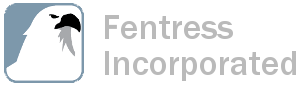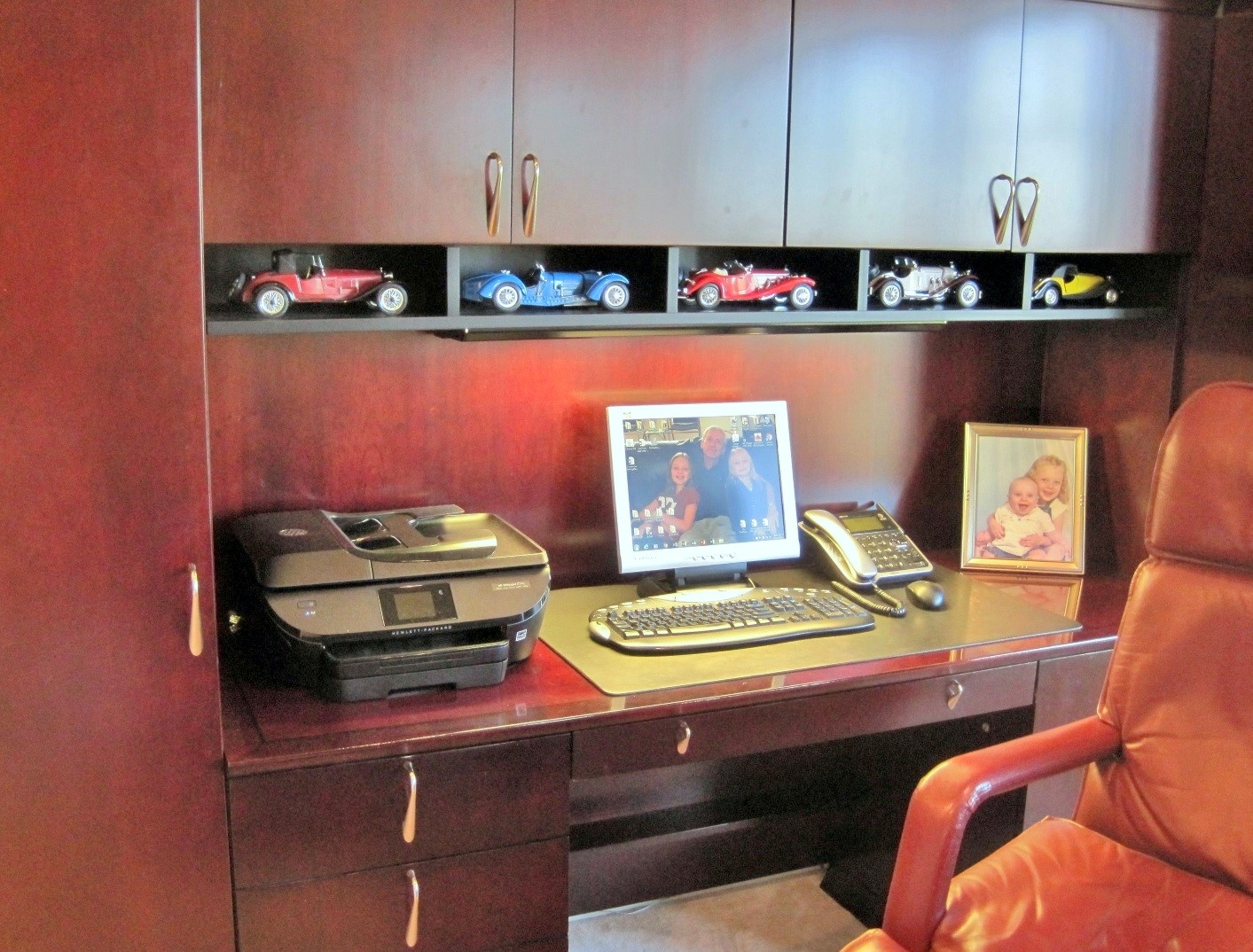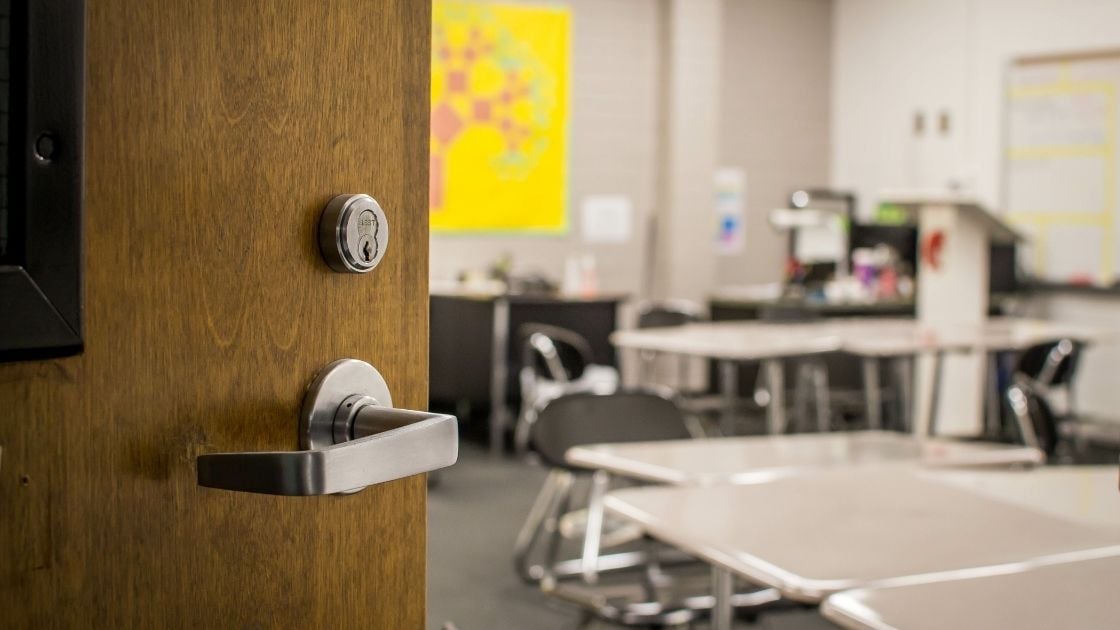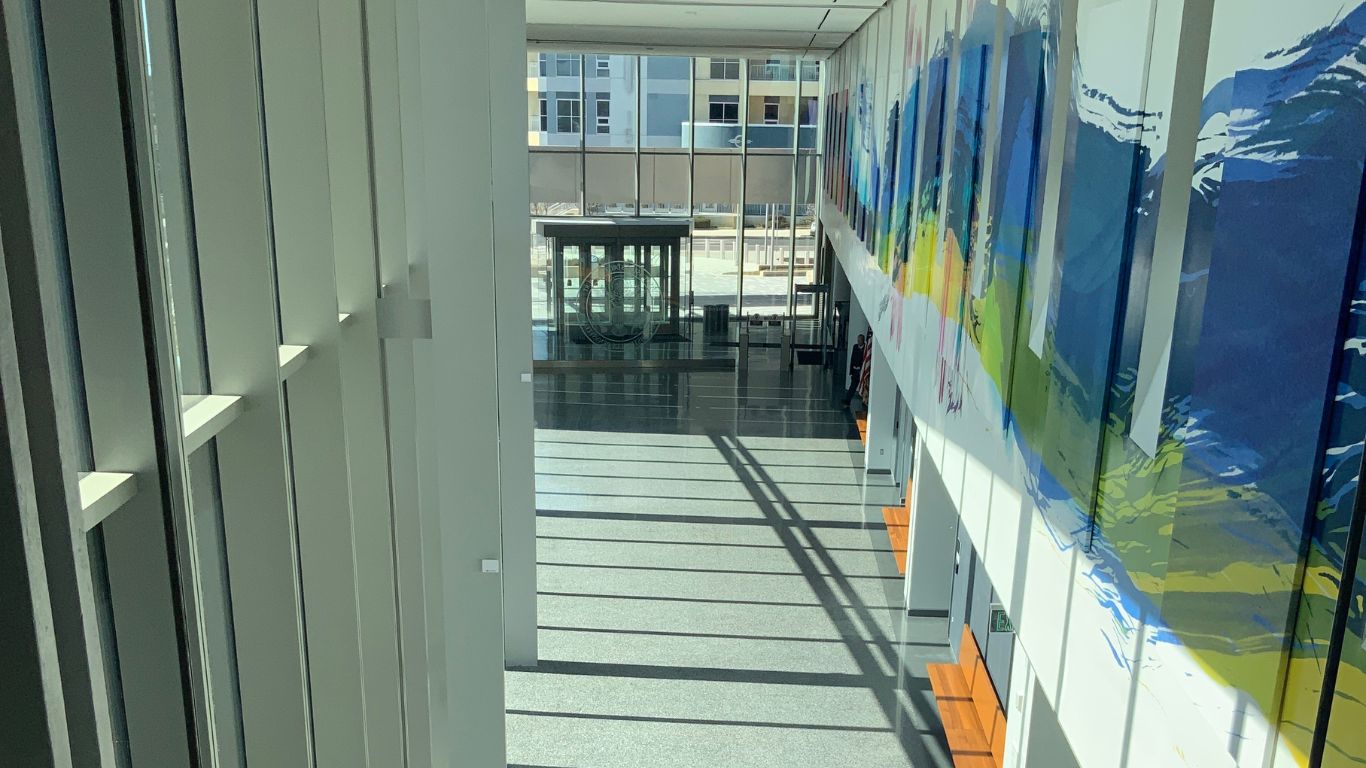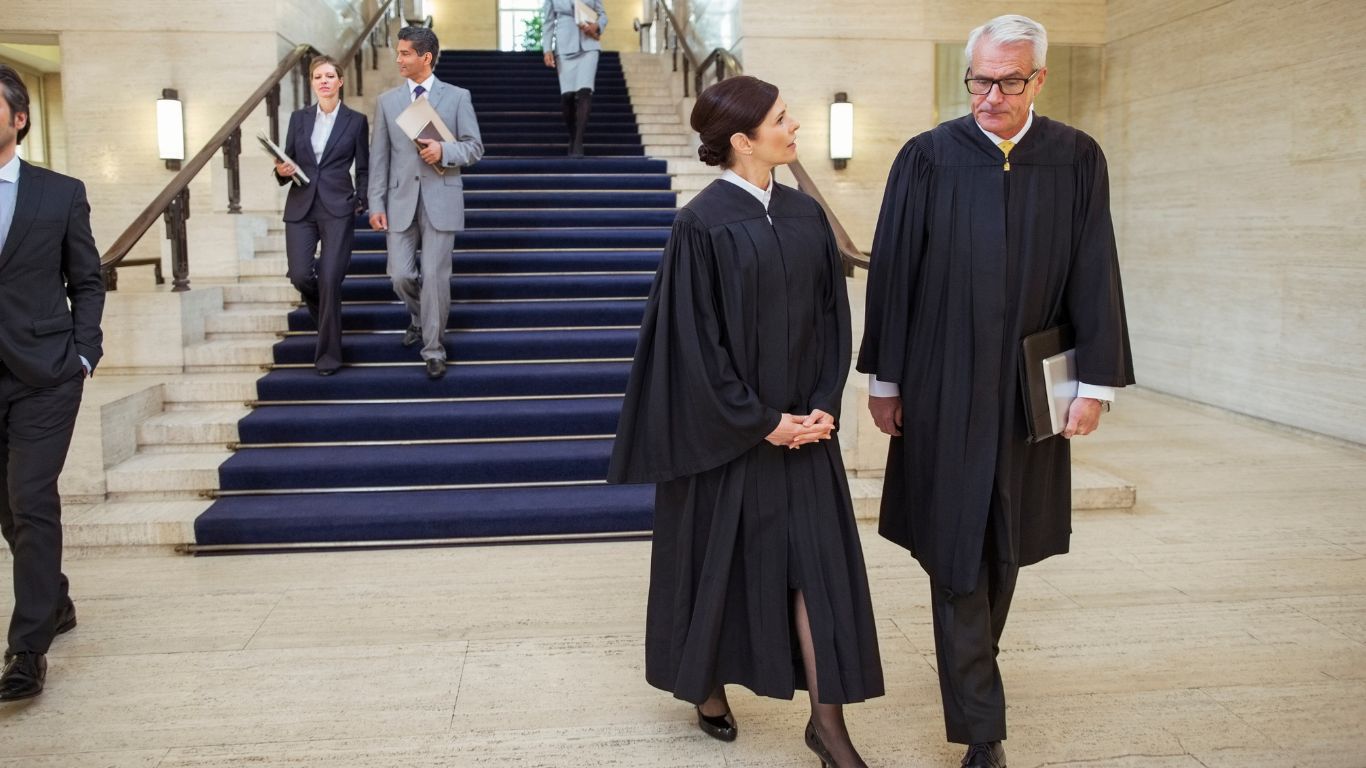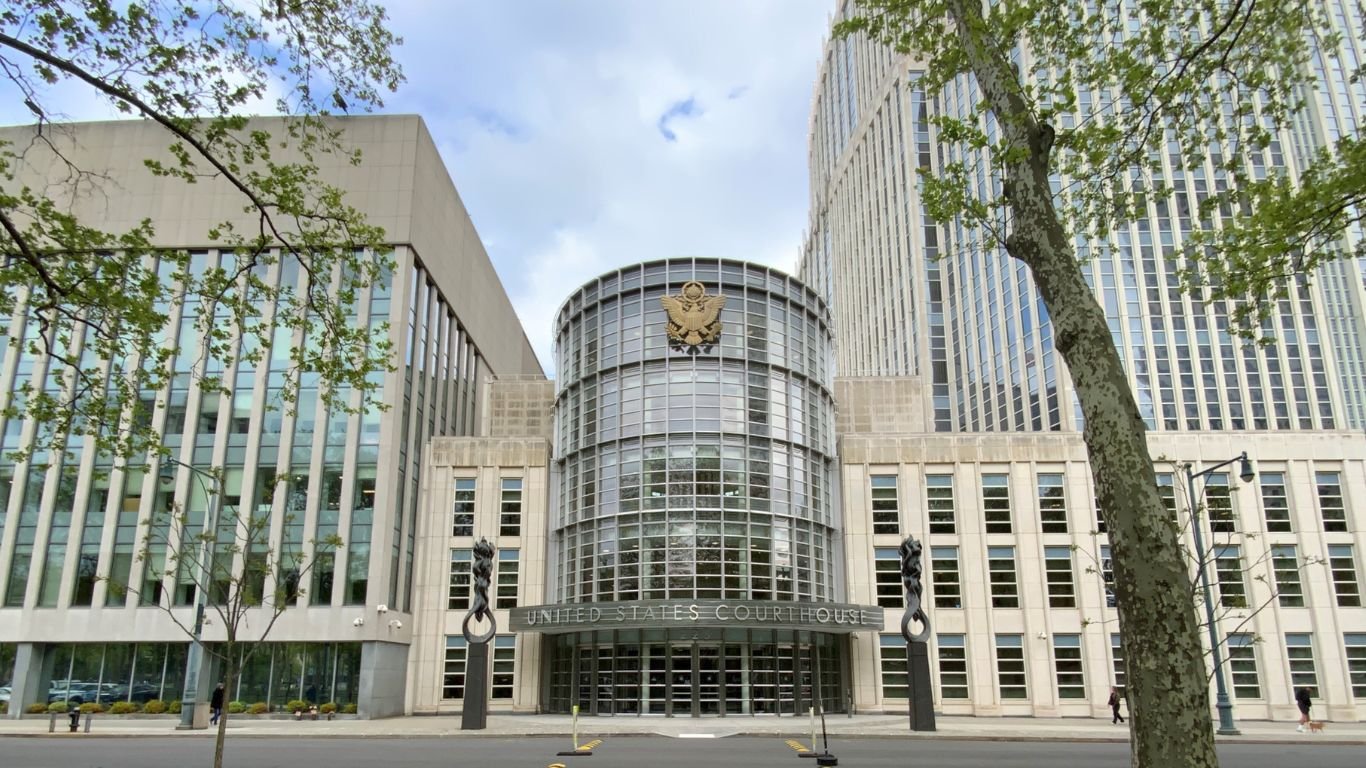Going, Going…
A few weeks ago, I wrote an article, The Ruling Is in: High-Tech Mobile Law Offices Really Work, describing my attorney’s law firm’s surprising transition from a traditional office to an open-mobile office environment. As I concluded, I considered the other examples of private sector businesses and public agencies abandoning traditional offices and embracing mobility-oriented, minimalist office design principles for their teleworkers. I also pondered how office design might continue to evolve in the future. One possible answer popped up in a nanosecond: my office, of course. That is where office evolution is headed. The virtual office will eventually replace the traditional office and the open-mobile office.
Despite the ongoing transition from traditional offices to the open-mobile offices, in the long run, they both may be going, going…
The Final Frontier?
For the past 14 years, I have been employed as an architect with Fentress, Inc., a virtual company. I have no office outside of the study in my house shown in the title photo above. My workplace is obviously at the very far end of the traditional-open-mobile-virtual office facility continuum. Could an option that relies less on brick-and-mortar facilities and more on technology be the ultimate destination for work practices and workplace design? It works for me. It works for my co-workers. And it works for our clients. Why not? Let’s consider this possibility.
The continued expansion of technological sophistication in the area of communications has made this option more viable for more workers. Working virtually continues to expand, especially with small start-up companies that do not have the resources to invest in a brick-and-mortar office and are seeking a wider talent pool than might be available in a limited geographic location.
The MIT Technology Review website states: “The idea that the office is a specific place where our professional lives happen is becoming less universal, and less important. These days many knowledge workers can be productive anywhere, thanks to smarter, more numerous mobile devices, faster network access, and a growing number of online collaboration tools.”
GlobalWorkplaceAnalytics.com states that the number of employees (non-self-employed workers) who work from home grew 103% (from 1,819,355 to 3,677,061) between 2005 and the end of 2014.
From reading the MIT and Global Workplace Analytics articles, it certainly seems like the virtual office could be the final frontier.
An Appealing Option - The Virtual Company
Technology is unquestionably the driver that enables progression along the traditional-open-mobile-virtual office facility continuum. But a significant movement in this direction would require more than just enabling. A meaningful evolution along the workplace continuum toward the virtual office would also require that this option offer attributes not available in the various brick-and-mortar options. And it does!
There are numerous benefits that an employee, an employer, and a client can derive from a virtual company. The view from each perspective is worthy of its own article. But, let me start with some observations from my personal experience as an employee working in a virtual company:
- The number one advantage for me is avoiding the daily commute to work. Prior to joining Fentress, Inc., I commuted for nearly 2 hours in the morning and another 2 hours at the end of the work day, five days per week. This change has been a very positive improvement in terms of both time reclaimed and car expenses reduced.
- I like my house. It was designed to fit my family’s lifestyle. My study is comfortable, efficiently arranged, and is a reflection of my personality. The view from my study extends uninterrupted for nearly 20 miles. Why leave it to go to an office that someone else has determined I might enjoy?
- My house is located in a very cost-effective area of the Blue Ridge Mountains. If I had needed to continue commuting to work for the past 14 years, I would have likely sold my house and relocated closer to work in a much higher cost urban area in a lesser quality house.
- I do not miss putting on a suit and tie to go to work each morning. When I occasionally do put on a suit and tie to attend a meeting, it feels more like a special occasion and less like an obligation.
- I enjoy the privacy of working in my home. If I am under the weather, I can work in a bathrobe. At times, I will even lean back in my chair, put my feet up on my desk, and close my eyes to relieve eye strain from hours of drawing CAD plans on the computer. Try that in an open office.
- I am not a hermit by nature, but I can limit interaction with my co-workers when that interaction would be a distraction. On the other hand, between phone, internet, communication tools (like Slack), and video connectivity, I can communicate with my co-workers as conveniently as if they were in the next office.
I know that my employer, Keith Fentress, has several thoughts about the value of a virtual company from his perspective. The same is true for one of our long-term clients. Stay tuned for their personal observations.
Gone?
The ancient Greek philosopher Heraclitus famously and presciently stated “There is nothing permanent except change.” Based on the technological revolution of the last 30 years, we can certainly expect continued change in technology and correspondingly continued change in work practices and in the workplace. Will unstoppable change bring about the extinction of the brick-and-mortar office?
Perhaps I am biased, but I wouldn’t bet against it.

